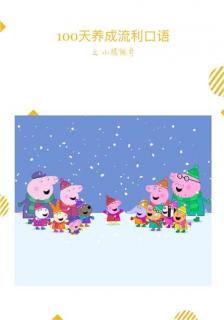used for emphasis to refer two people or things, regarded and identified together
双方,两者
-
[as predeterminer]
both his parents indulged him 父母都很娇惯他
-
I urge you to read both these books 我劝你这两本书都要读一下
-
[as determiner]
she held on with both hands 她用双手拿着
-
he was blind in both eyes 他双目失明
-
[as pronoun]
a picture of both of us together 我俩的合影
-
Jackie and I are both self-employed 杰基和我都自己当老板
-
he looked at them both. 他看着她俩。
used before the first of two alternatives to emphasize that the statement being made applies to each (the other alternative being introduced by ‘and’.
) [用在两个选项中的第一个之前,表示所作的阐述对这两个选项都适用,另外一个选项前用的是‘and’] …和… (两者)都,不仅…而且,既…又
-
it has won favour with both young and old 这既受到了年轻人的欢迎也受到了老年人的欢迎
-
studies of zebra finches, both in the wild and in captivity .对金翅雀的研究,既有野生的,也有家养的。
-
have it both ways benefit from two incompatible ways of thinking or behaving 二者兼得countries cannot have it both ways the cost of a cleaner environment may sometimes be fewer jobs . 国家难以二者兼得,因为环境更清洁的代价有时意味着减少工作机会
-
both ... and ... 两者都;...和...
真题例句:
-
both of 两者都...
真题例句:
-
both sides of sth 双方;两侧;两边
真题例句:
-
burn the candle at both ends 一根蜡烛两头烧;过度耗费精力
真题例句:
"Middle English: from Old Norse

 词典释义:
词典释义:



















